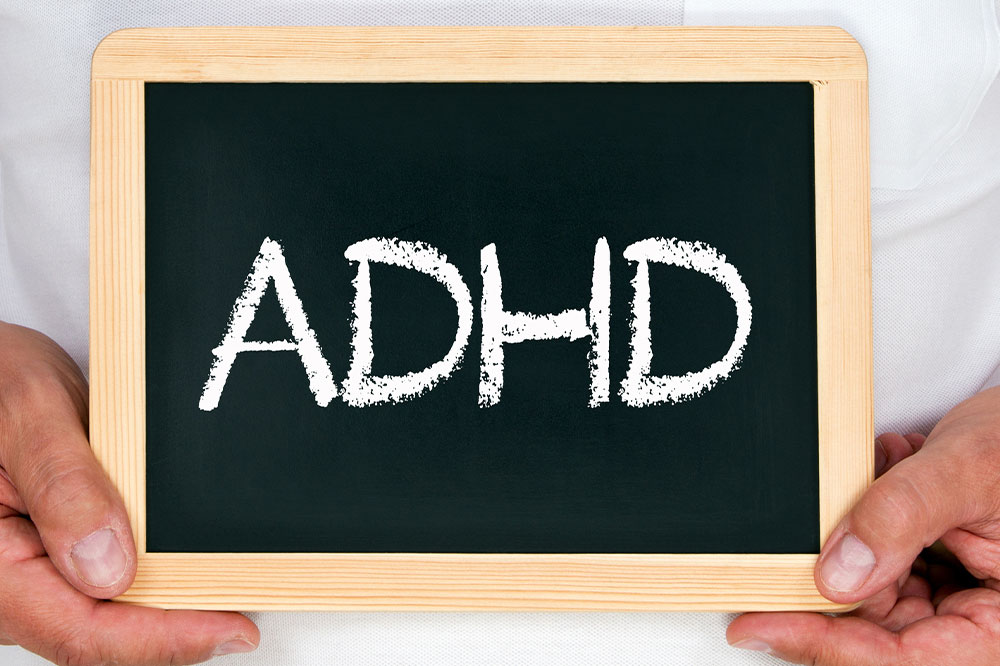Comprehensive Guide to Managing Adult ADHD for Better Life Quality
This comprehensive guide explores effective strategies for managing adult ADHD, emphasizing medication, therapy, lifestyle changes, and mindfulness techniques. It provides practical tips to help adults improve focus, reduce anxiety, and lead balanced lives, offering insights for personalized management and long-term success.

Comprehensive Strategies for Effectively Managing Adult ADHD
Attention Deficit Hyperactivity Disorder (ADHD) is often associated with children, but it is increasingly recognized as a condition that significantly affects many adults worldwide. Despite being traditionally viewed as a childhood disorder, ADHD symptoms can persist well into adulthood, affecting various aspects of daily life, relationships, and professional performance. Recognizing the nuances of adult ADHD is vital to implementing effective management strategies that can improve overall well-being and life satisfaction.
In adulthood, ADHD may manifest differently than in children. Common signs in adults include persistent difficulties in maintaining focus, frequent forgetfulness, feelings of low self-esteem, heightened anxiety, chronic fatigue, challenges in maintaining healthy relationships, and impulsive behaviors. These symptoms can vary in intensity and may fluctuate over time, making personalized approaches essential for effective management.
Understanding these symptoms is the first step toward effectively managing adult ADHD. Once recognized, individuals can explore a variety of evidence-based strategies tailored to their unique needs. A multifaceted approach that combines medication, behavioral therapies, lifestyle modifications, and support systems is often the most successful way to regain control over daily functioning and emotional stability.
Medications and Professional Support
One of the most common and effective treatments for adult ADHD is medication. Stimulant medications, such as methylphenidate and amphetamines, are frequently prescribed to help regulate brain activity associated with attention and impulsivity. Non-stimulant options like atomoxetine may also be suitable for some individuals. It is critical to consult with healthcare professionals to identify the appropriate medication and dosage, monitor side effects, and make adjustments over time.
Along with medication, behavioral therapy and coaching are essential components of managing adult ADHD. Cognitive-behavioral therapy (CBT) can assist individuals in developing organizational skills, managing impulsivity, and reducing anxiety. ADHD coaching provides practical guidance on setting goals, creating routines, and maintaining accountability, empowering adults to improve their daily functioning.
Creating a Supportive Environment
Building a structured and supportive environment can significantly decrease symptoms’ impact. Establishing consistent daily routines helps in creating predictability and reduces forgetfulness. Using planners, digital reminders, and organizational tools can help keep track of appointments, deadlines, and responsibilities. Decluttering living and workspaces minimizes distractions, making it easier to focus on important tasks.
Developing a strong support network is equally important. Support groups for adults with ADHD offer a platform to share experiences, coping strategies, and emotional encouragement. Family and friends can also play a vital role by understanding the condition and providing assistance in daily activities.
Lifestyle Modifications for Better Management
Beyond professional treatments, adopting healthier lifestyle habits can greatly improve symptoms. Regular physical activity is proven to enhance focus, reduce anxiety, and boost mood. Exercises such as walking, yoga, swimming, or cycling can serve as natural outlets for excess energy and stress relief.
Maintaining a balanced diet that avoids excessive caffeine, sugar, and processed foods can also contribute to improved mental clarity and emotional balance. Proper sleep hygiene is crucial, as sleep deprivation can exacerbate ADHD symptoms. Establishing a consistent sleep schedule and creating a calming bedtime routine can promote restorative sleep.
Furthermore, digital detoxes—periods without screens—help reduce distractions and improve attention span. Mindfulness practices like meditation and breathing exercises foster emotional regulation and increase self-awareness, helping adults manage impulsiveness and emotional fluctuations effectively.
Integrating Mindfulness and Relaxation Techniques
Mindfulness and relaxation techniques are gaining recognition as valuable tools for managing ADHD symptoms. Regular practice of meditation can enhance focus, calm racing thoughts, and improve emotional resilience. Yoga, with its combination of physical movement and mindful breathing, offers both stress relief and increased mental clarity.
Deep breathing exercises, progressive muscle relaxation, and guided imagery can be incorporated into daily routines to promote relaxation and reduce anxiety. These techniques can also help adults develop greater self-control and reduce impulsive behaviors.
The Impact of Proper Nutrition and Lifestyle Balance
Proper nutrition plays a crucial role in managing adult ADHD. Incorporating omega-3 fatty acids, found in fish oil supplements and foods like salmon and walnuts, has been associated with improved cognitive function. A diet rich in fruits, vegetables, lean proteins, and whole grains supports overall mental health and energy levels.
Limiting processed foods, artificial additives, and excessive caffeine intake can help stabilize mood swings and improve concentration. Staying well-hydrated and maintaining regular meal times prevent blood sugar dips that may worsen symptoms.
Final Thoughts: Embracing a Holistic Approach
Managing adult ADHD requires a comprehensive, individualized plan that addresses medical, psychological, and lifestyle factors. Combining medication, therapy, lifestyle changes, and mindfulness techniques can create a balanced approach to lessen symptoms and increase productivity. Continued education about ADHD and seeking support empowers adults to lead more organized, peaceful, and fulfilling lives.
While challenges are inherent, embracing strategies that promote organization, healthy habits, and emotional resilience can transform outcomes. With the right combination of treatments and support systems, adults with ADHD can thrive and achieve their full potential, enjoying a higher quality of life.





